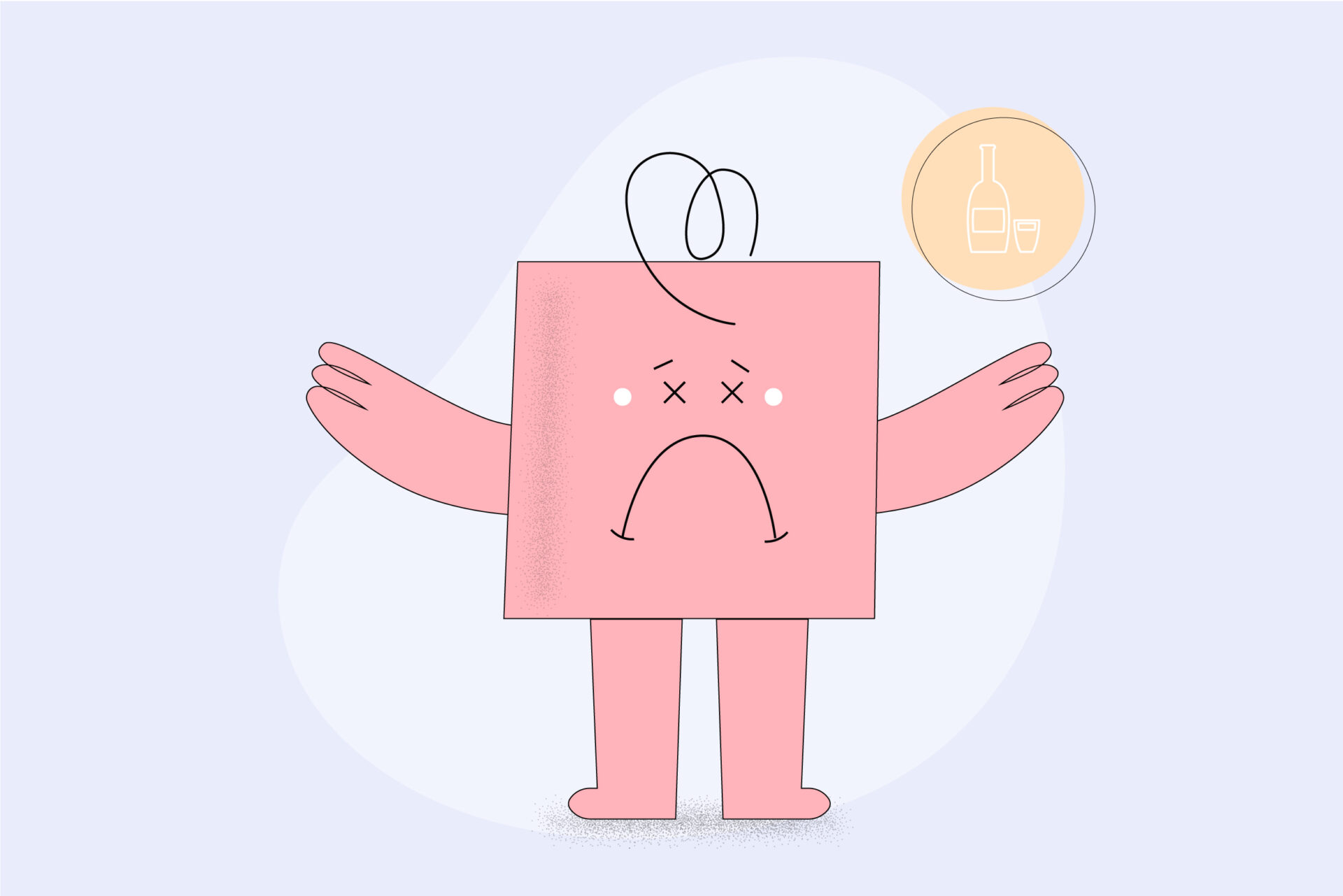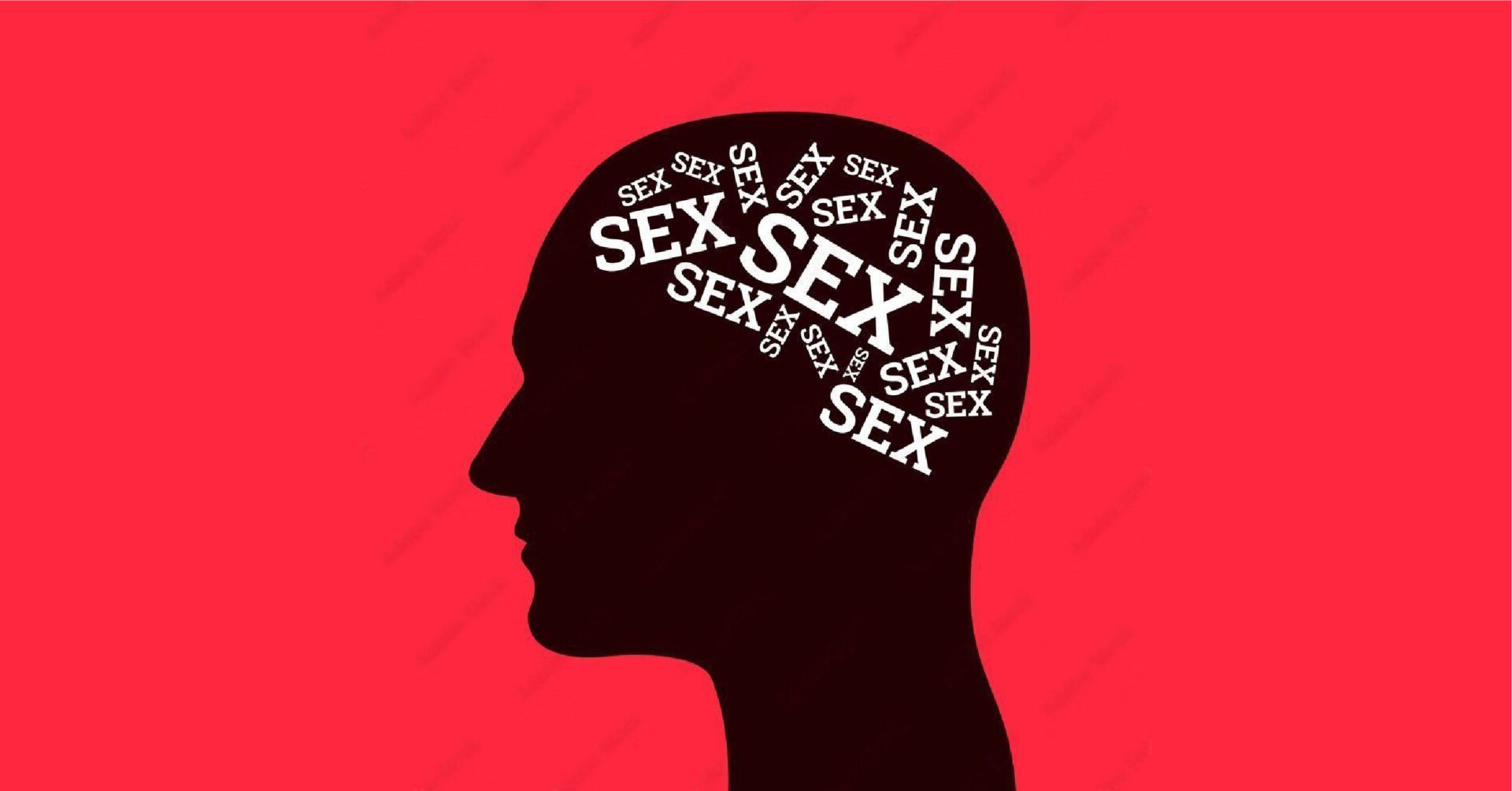Panic Disorder Quiz: Do You Experience Symptoms?
Panic disorder means sudden, intense panic attacks with physical symptoms. It causes fear of future attacks and avoidance behaviors. A self-assessment quiz helps understand the frequency and impact of these attacks.


Time is Up!

Time's up
Who can take this quiz?
The “Panic Disorder Quiz” is designed for individuals who suspect they might be experiencing symptoms associated with Panic Disorder, such as unexpected and intense episodes of fear or discomfort, commonly known as panic attacks. It is suitable for anyone seeking to understand whether their experiences align with the typical symptoms of Panic Disorder, regardless of their background knowledge about the condition.
What purpose does this quiz serve?
This quiz serves as a self-assessment tool for individuals to explore their symptoms in relation to Panic Disorder. It aims to raise awareness about the condition and its manifestations, encouraging users to reflect on their own experiences. By identifying symptoms that align with Panic Disorder, the quiz can motivate individuals to seek professional evaluation and, if necessary, treatment. The primary purpose is educational and to initiate a process of self-reflection and understanding, not to replace a professional diagnosis.
What is meant by "Panic Disorder Quiz"?
The term “Panic Disorder Quiz” refers to a set of questions designed to help individuals self-assess for symptoms of Panic Disorder. Panic Disorder is characterized by recurrent, unexpected panic attacks and persistent concern about having more attacks or their consequences. The quiz aims to guide users through a series of questions that reflect the common symptoms and concerns associated with the disorder, providing a structured way for individuals to consider whether their experiences might indicate Panic Disorder.
How does the Panic Disorder Quiz work?
The quiz works by presenting users with a series of statements or questions related to the symptoms, fears, and behaviors commonly associated with Panic Disorder. Users respond based on their personal experiences. At the end of the quiz, users may be provided with a summary of their responses or a score that indicates the likelihood of their symptoms aligning with those of Panic Disorder. This outcome is designed to guide users in understanding their symptoms and encourages seeking a professional diagnosis for an accurate assessment and advice on potential treatment options. The quiz acts as an initial step towards recognizing the need for professional help and understanding one’s own mental health better.
General Frequently Asked Questions
Panic Disorder is an anxiety disorder characterized by recurrent unexpected panic attacks—sudden periods of intense fear or discomfort that peak within minutes. These attacks can be accompanied by physical symptoms like heart palpitations, chest pain, shortness of breath, dizziness, or abdominal distress.
These drinkers turn to alcohol as a way to cope with problems in life, from financial struggles to depression and anxiety or abuse. Coping drinkers drink heavily compared to the other three categories of drinkers. While drinking in such a manner does provide some respite in the short-term, in the long run, such heavy drinking on a nearly-daily basis will pose a huge health problem and risk for the drinkers and those near and dear to them. If coping drinking is not addressed, it could lead to big problems. If you or anyone you know seems like a coping drinker who needs help, take the alcohol addiction quiz.
Diagnosis typically involves a detailed medical history and, sometimes, physical exams or tests to rule out other conditions. A mental health professional can diagnose Panic Disorder based on the presence of recurrent, unexpected panic attacks followed by at least one month of persistent concern about having additional attacks or behavior changes related to the attacks.
Treatment usually involves psychotherapy, medication, or a combination of both. Cognitive-behavioral therapy (CBT) is highly effective for treating Panic Disorder. Medications, such as antidepressants and benzodiazepines, can also help reduce symptoms.
While Panic Disorder is a chronic condition, effective treatment can manage symptoms, reduce the frequency and intensity of panic attacks, and improve quality of life. Many people respond well to treatment and can lead full, productive lives.
- National Institute of Mental Health (NIMH): https://www.nimh.nih.gov/health/topics/anxiety-disorders
- Anxiety and Depression Association of America (ADAA): https://adaa.org/understanding-anxiety/panic-disorder
- Mayo Clinic: https://www.mayoclinic.org/diseases-conditions/panic-attacks
Need a customized plan?
Disclaimer: According to an individual’s case severity, the sessions might vary.


